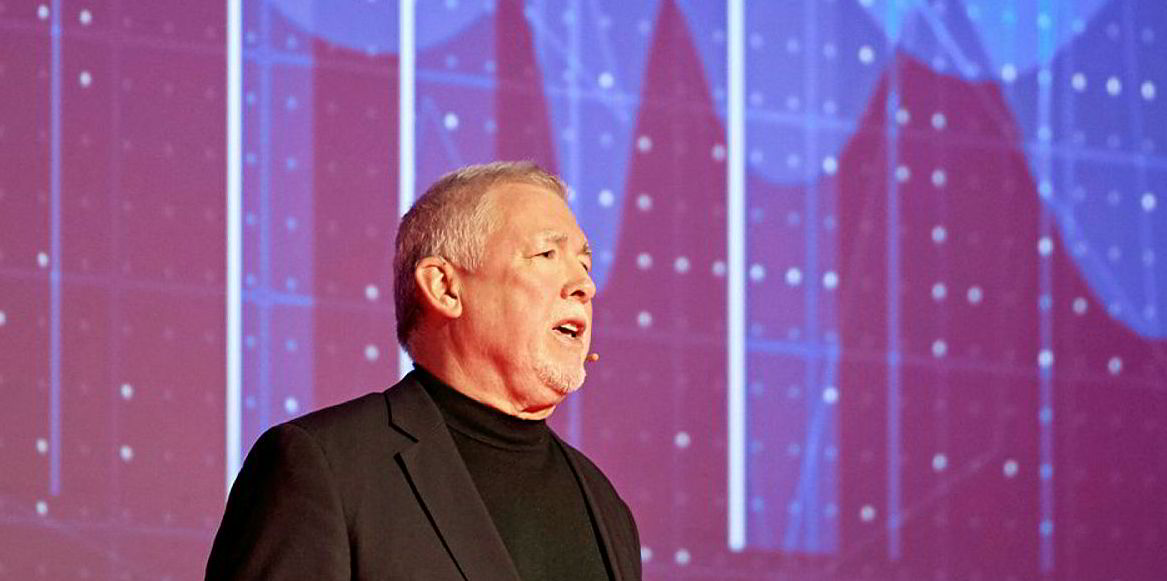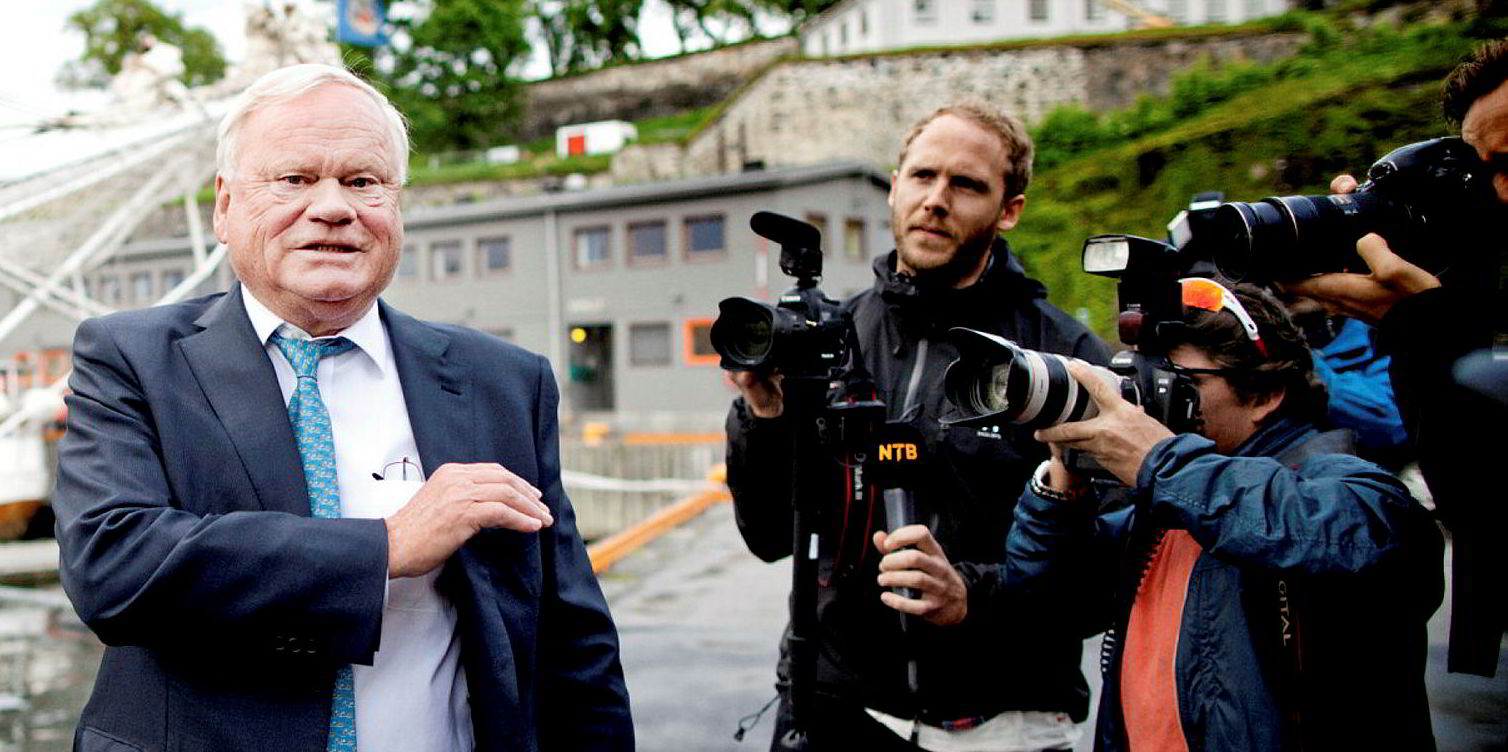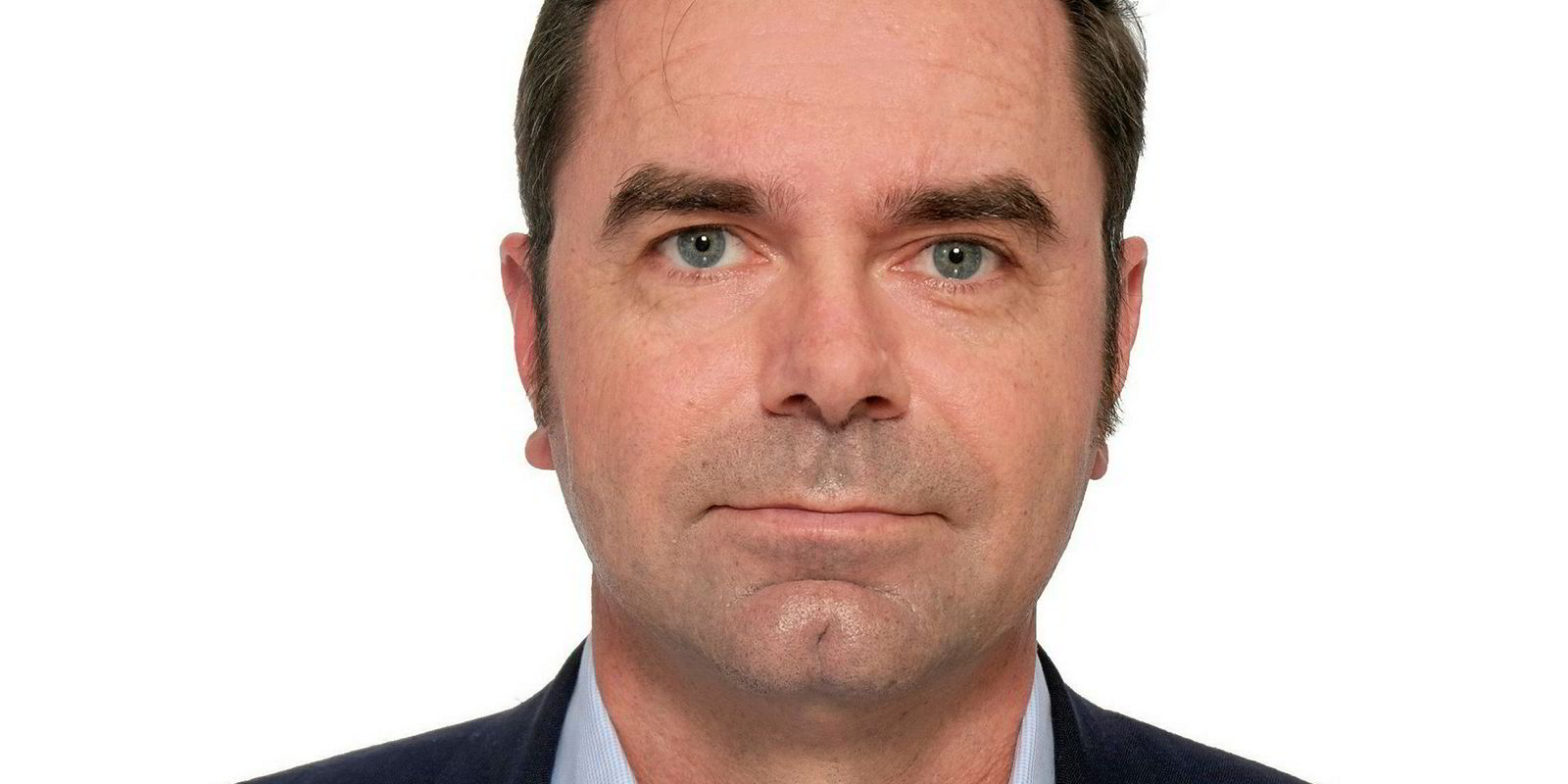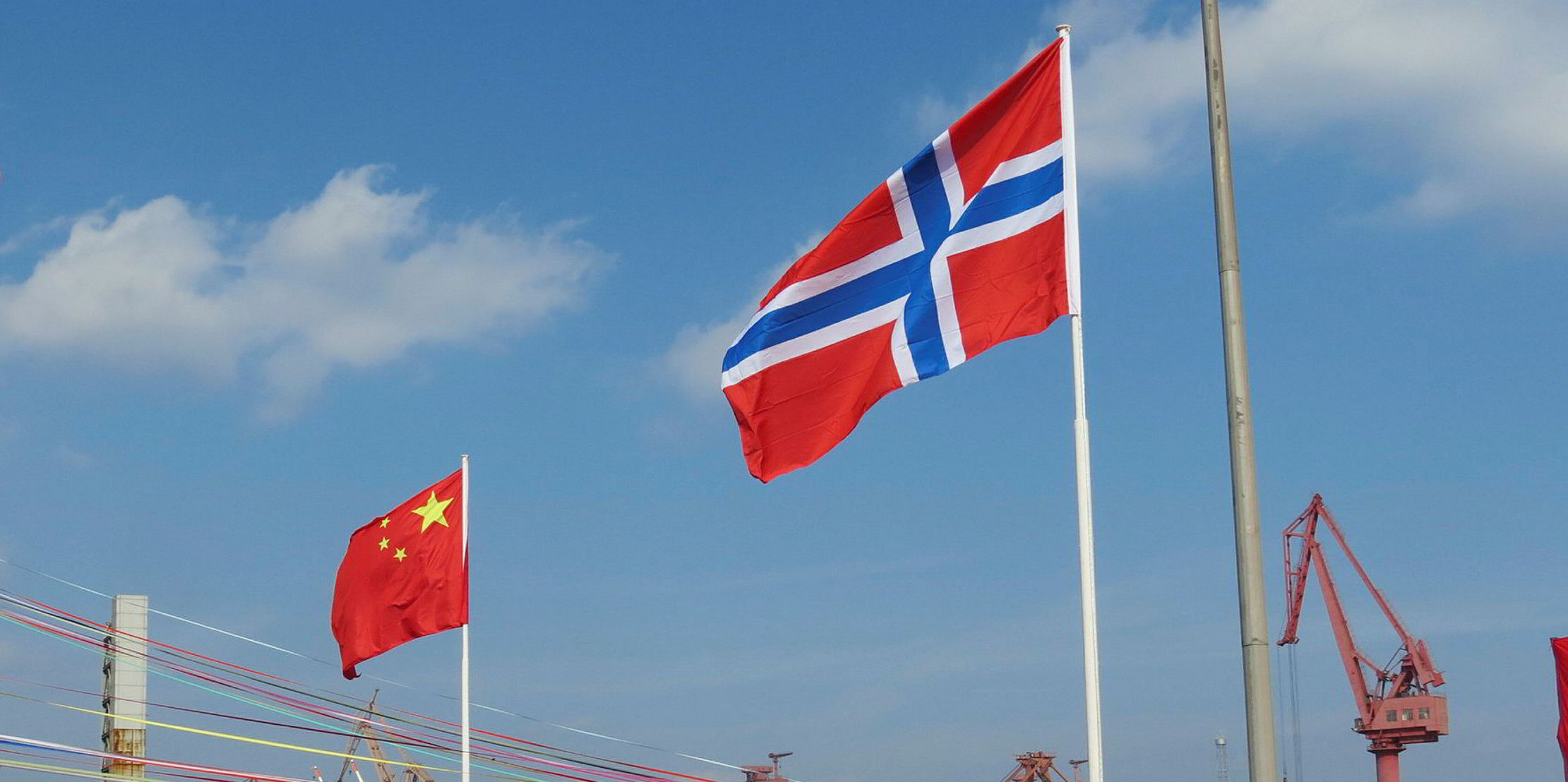A half-baked approach to digitalisation would lead to heightened maritime risks by creating potential conflicts between different operating systems, according to Wallem Group chief executive Frank Coles.
As the shipping industry starts to grasp the concept of digitisation, many vessel operators are adopting various technological systems in different parts of their operations while leaving the rest to be handled manually.
Coles, who headed technological outfits Transas and Inmarsat Maritime before taking the helm at Wallem last year, warned this approach could lead to more exposure to cyber security risks while failing to realise the potential benefits of digitalisation.
“If you are not careful, you are making your ship more unsafe," Coles told the Mare Forum Oslo.
"You simply lay technology on the top of all processes.”
His shipmanagement group is shifting to single integrated software database provided by BASSnet, ditching four different databases and 15 varying products currently in use.
'Fragmented approach'
“What happens today in maritime is its fragmented approach to the development of solutions and applications,” Coles said.
“You look across the maritime industry: in particular for operations, we look at ... multiple vendors [developing] multiple solutions, all very similar, all disconnected from each other, and all actually without a standalone business case.”
The industry veteran, who had ship-operating experience from the 1990s at Pacific Basin, voiced his dissatisfaction with the progress of digitalisation in shipping.
“Digitalisation in its true form means a new business model," Coles said. "It means a new approach to operations.
“Digitisation is much more than adopting technology. In fact, it almost has nothing to do with technology.
"It’s the change of attitude, the new business model. We are a long way from this model in almost all parts of the maritime industry.
“This transformation is only going to happen with the leadership focus on changing the industry, the infrastructure, the business model, and the use of data and intelligent data-driven decisions.”
According to Coles, industry mentality and the lack of a regulatory framework, rather than the availability of technologies, are what have been curbing the progress.
“It starts with regulatory level," he said. "Unfortunately, that’s where it all goes wrong.
“Some elements of digitisation are misunderstood or ignored ... when it comes to decide on the enrollment of technology.
“Most of the time it comes to three things: a lack of leadership from the top; lack of engagement or understanding what is required, and [the] failure to remove or adjust the process; and third, only part of the solution is implemented.
Calls for modernisation
“We have the technology we need to transform a large part of the industry. But we don’t have the infrastructure or leadership.
"We don’t have the incentives in place for the owners to adopt digitalisation.”
Coles has urged industry participants to “modernise” their operations first before moving towards the digitalisation in his ideal form.
“Digitisation is the end-game," he said. "It’s one step forward from modernisation, it’s reinvention of [the] business model. Modernisation is just improving operation.
“The future [of] shipping should be about new ways of doing things and a new ecosystem. It should be about standardisation of operations, it should be smart analytical decisions.
“But, unless something changes, it will be about stumbling from one poor decision to [the] next in a fragmented, fractured manner.”
Click here to keep up to date with TradeWinds' coverage of Nor-Shipping 2019.







